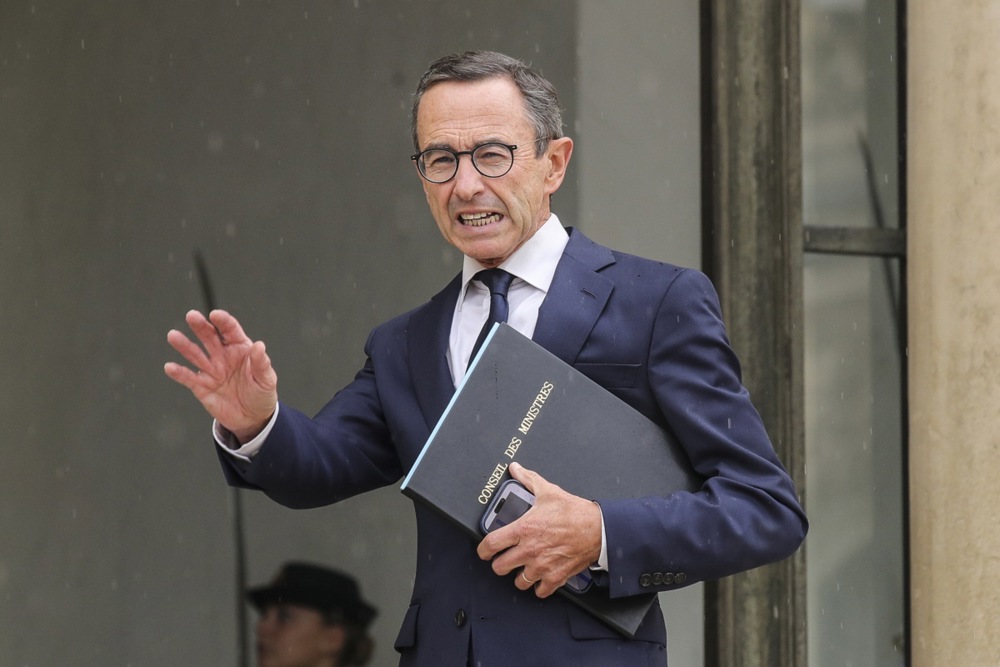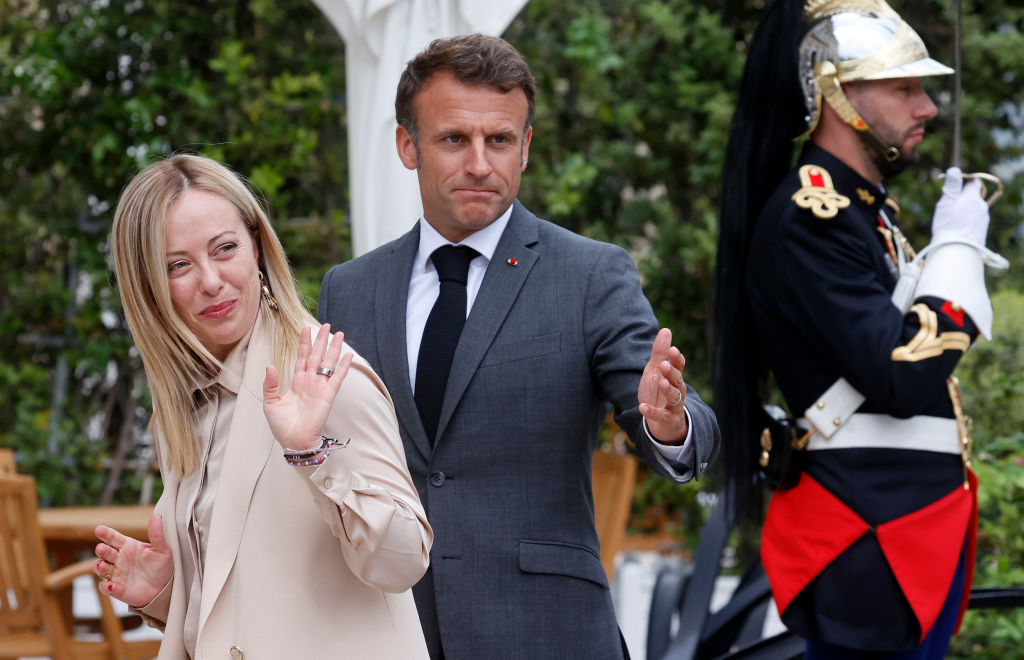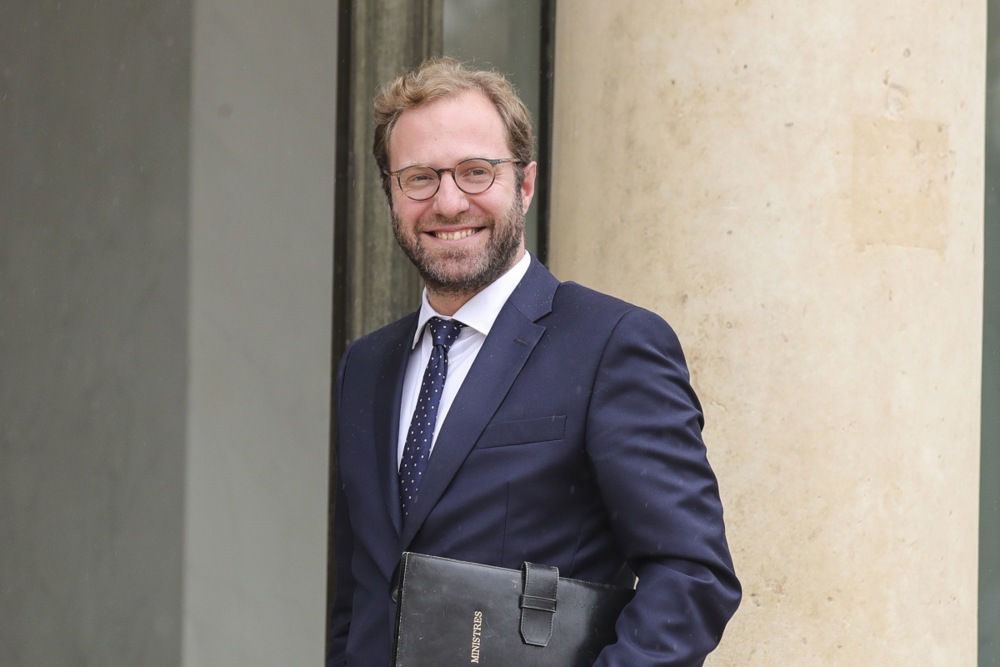French interior minister Bruno Retailleau has said he wanted “military supervision” for juvenile delinquents to “strictly supervise” them.
He said he was in favour of “a militarised solution” for minors convicted of “sufficiently serious” offences.
Speaking with Sud Radio on November 7, Retailleau pleaded for a re-education of young delinquents.
“I am for an educational-militarised solution,” he said, promoting “establishments with military discipline” to “strictly supervise” and “re-civilise” such youths.
Retailleau claimed that, in France: “Those who kill are younger and younger and those who are killed are younger and younger.”
Because of this, he said he wanted to tackle “the problem of school”, targeting children from the age of 10 to 12 if they were convicted of sufficiently serious offences, such as drug trafficking.
“As soon as the first offence is serious enough,” they could be sent to these establishments, according to Retailleau.
“I have asked my secretary of state, Othman Nasrou, to study this issue,” he said.
Retailleau added that the fight against juvenile delinquency must begin at its roots.
“There is the educational issue of these families that are broken, where children completely slip away and then there is the problem with the school system. We need to try to re-civilise these young people.”
He added he was “1,000 times in favour” of cutting social benefits for the families of juvenile offenders.
“When we provide benefits, it’s not an entitlement; it’s a right, but one that comes with responsibilities. When these responsibilities are not upheld, there can be consequences,” he said.
An earlier programme implemented by French President Macron, the Universal National Service (SNU), was dismissed as “a failure” by Retailleau.
The SNU is a French Government initiative aimed at fostering civic engagement, national unity and social cohesion among young people. It is not imposed by officials on students and is offered on a voluntary basis free of charge.
Launched in 2019, it targets 15 to 17-year-olds and involves a two-week residential stay focused on civic education, first aid and community activities. That is followed by a three to 12-month “public-service mission” in areas such as environmental protection, education or social services.
"Face à une jeunesse à la dérive, Il faut étudier une solution éducative-militarisée" estime @BrunoRetailleau pic.twitter.com/xWlrpyE6SW
— Sud Radio (@SudRadio) November 7, 2024





